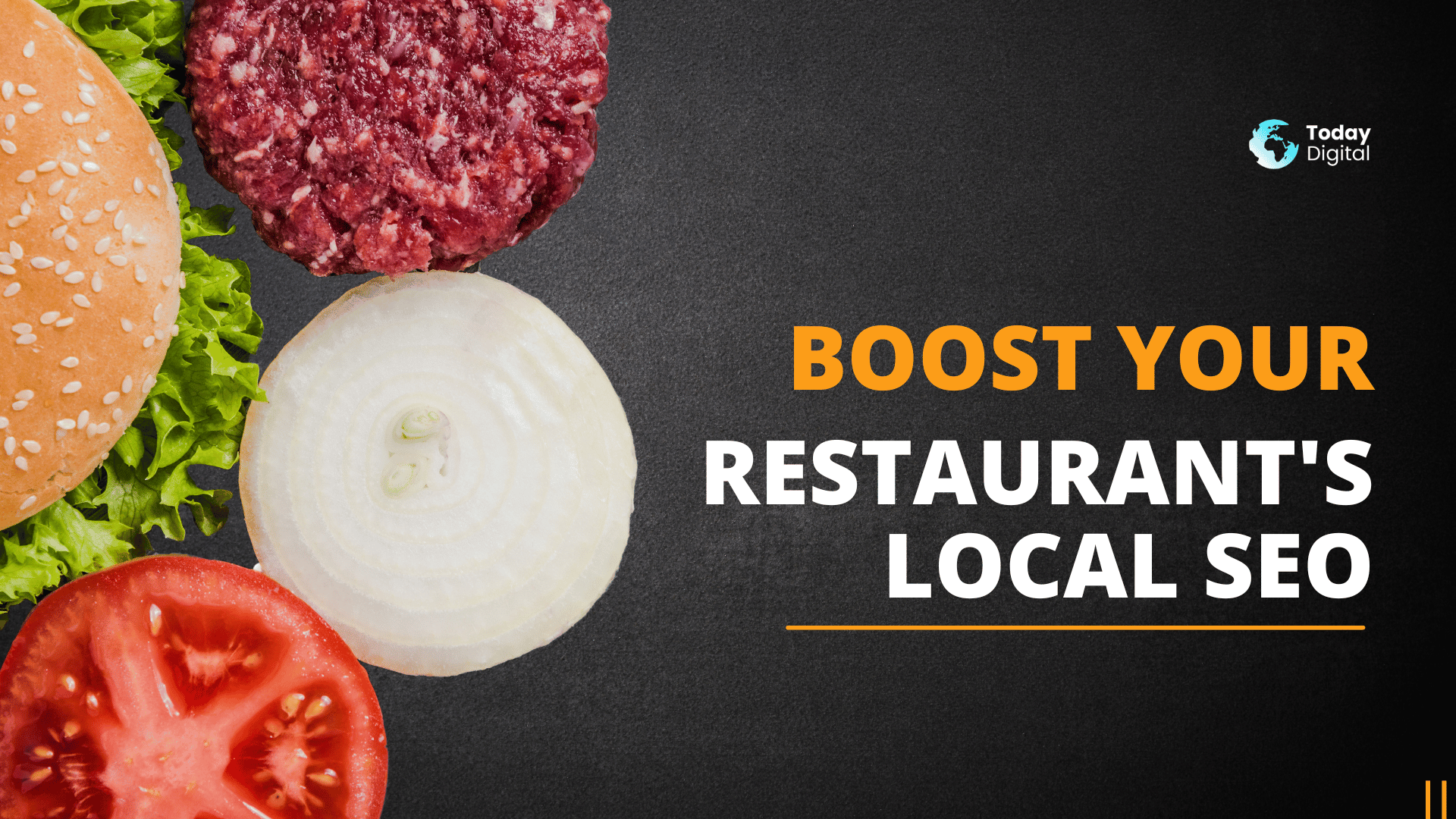7 Tips to Boost Your Restaurant’s Local SEO
Introduction
In today’s digital age, having a strong online presence is crucial for the success of any business, especially for restaurants. With the increasing competition in the food industry, implementing effective local SEO strategies can significantly impact a restaurant’s visibility and foot traffic. But what exactly is local SEO for restaurants, and why is it so important?
What is Local SEO for Restaurants?
Local SEO for restaurants refers to the process of optimizing a restaurant’s online presence to attract more local customers. It involves various strategies aimed at improving the restaurant’s visibility in local search results, such as appearing in Google Maps, local directories, and search engine results pages (SERPs).
Why is Local SEO Important for Restaurants?
Local SEO is essential for restaurants because it helps them connect with potential customers in their vicinity. When people search for nearby dining options or specific cuisines, they are more likely to choose restaurants that appear at the top of the search results. By optimizing their local SEO, restaurants can increase their online visibility, attract more diners, and ultimately boost their revenue.
Understanding Local SEO
What are the Basics of Local SEO?
The basics of local SEO revolve around optimizing various aspects of a restaurant’s online presence to improve its visibility in local searches. This includes optimizing the website for local keywords, creating and optimizing a Google My Business (GMB) profile, obtaining local citations, managing online reviews, and ensuring NAP (Name, Address, Phone Number) consistency across all online platforms.
Key Components of Local SEO for Restaurants
Local SEO for restaurants encompasses several key components, including on-site optimization, off-site optimization, and technical optimization. On-site optimization involves optimizing the restaurant’s website content, meta tags, and internal linking structure for local relevance. Off-site optimization focuses on building local citations, managing online reviews, and acquiring backlinks from local sources. Technical optimization includes ensuring the website is mobile-friendly, implementing schema markup, and optimizing site speed and security.
Importance of Google My Business
Google My Business (GMB) is a powerful tool for local SEO, allowing restaurants to manage their online presence across Google Search and Google Maps. By claiming and optimizing their GMB listing, restaurants can provide essential information to potential customers, such as their location, contact details, opening hours, and menu offerings. A well-optimized GMB profile can significantly improve a restaurant’s visibility in local search results and attract more customers.
Optimizing Website for Local SEO
Mobile Optimization for Restaurant Websites
In today’s mobile-first world, it’s crucial for restaurant websites to be mobile-friendly. With more people using their smartphones to search for nearby restaurants, having a responsive website that provides an excellent user experience on mobile devices is essential for local SEO success. Mobile optimization involves ensuring that the website loads quickly, has a clean and intuitive design, and is easy to navigate on smaller screens.
Content Optimization for Local Relevance
Content optimization plays a vital role in local SEO for restaurants. Creating high-quality, relevant content that incorporates local keywords and topics can help restaurants rank higher in local search results. Restaurants can optimize their website content by creating location-specific landing pages, publishing blog posts about local events or attractions, and showcasing customer testimonials and reviews.
Implementing Schema Markup
Schema markup is a form of structured data that helps search engines understand the content of a website better. By implementing schema markup for restaurants, businesses can provide search engines with additional information about their location, menu items, opening hours, and other relevant details. This can enhance the visibility of the restaurant’s listing in search results and increase the likelihood of attracting clicks from potential customers.
Importance of Local Keywords
Using local keywords is crucial for optimizing a restaurant’s website for local search. Local keywords are phrases that include the name of the city or neighborhood where the restaurant is located, as well as terms related to the restaurant’s cuisine, menu offerings, and other relevant factors. By incorporating these keywords naturally into the website’s content, meta tags, and headings, restaurants can improve their chances of ranking higher in local search results.
Off-Site Optimization
Importance of Local Citations
Local citations are online mentions of a restaurant’s NAP (Name, Address, Phone Number) on other websites and directories. Building consistent and accurate local citations is essential for local SEO, as it helps search engines verify the authenticity and relevance of a restaurant’s business information. Restaurants can build local citations by submitting their business information to online directories, local business associations, and review websites.
Online Reviews and Reputation Management
Online reviews play a significant role in a restaurant’s online reputation and local SEO rankings. Positive reviews can improve a restaurant’s credibility and attract more customers, while negative reviews can have the opposite effect. Restaurants should actively encourage satisfied customers to leave positive reviews and respond promptly and professionally to any negative feedback. By managing their online reputation effectively, restaurants can maintain a positive image and attract more diners.
Backlink Strategies for Local SEO
Backlinks are links from other websites that point to a restaurant’s website. They are a crucial ranking factor for SEO and can significantly impact a restaurant’s visibility in search results. Restaurants can acquire backlinks from local sources, such as local news websites, food blogs, and community organizations, by creating high-quality content that others want to link to. Building a diverse and authoritative backlink profile can help restaurants improve their local SEO rankings and attract more organic traffic.
Leveraging Social Media for Local Presence
Social media can be a powerful tool for restaurants to connect with their local community and attract more customers. By regularly posting engaging content, responding to customer inquiries and reviews, and promoting special offers and events, restaurants can increase their visibility on social media platforms and drive more traffic to their website. Additionally, social signals, such as likes, shares, and comments, can indirectly impact a restaurant’s local SEO rankings.
Advanced Techniques
Geo-Targeted Advertising
Harness the power of geo-targeted advertising. Reach potential customers in specific locations with tailored ads, ensuring your restaurant is visible to those actively seeking dining options.
Measuring Success
Key Metrics for Evaluating Local SEO Performance
Track metrics like local search rankings, website traffic, online reviews, and social media engagement to evaluate the effectiveness of your local SEO strategies.
Conclusion
Recapping our local SEO strategies for restaurants, mastering these techniques can significantly elevate your online presence, attract more diners, and contribute to the success of your establishment.
The timeline varies, but you may start seeing improvements in local search rankings within a few weeks to months.
While basic strategies can be managed in-house, seeking professional assistance ensures a comprehensive and effective approach.
Yes, online reviews play a pivotal role. Positive reviews enhance credibility and contribute to higher local search rankings.
Combining paid advertising with local SEO can amplify your restaurant’s visibility, especially with geo-targeted campaigns.
Regular updates, especially for changes in business hours, menu offerings, or special events, contribute to a vibrant and accurate online presence.
Yes, active engagement on social media platforms not only enhances local SEO but also fosters a sense of community around your restaurant.


